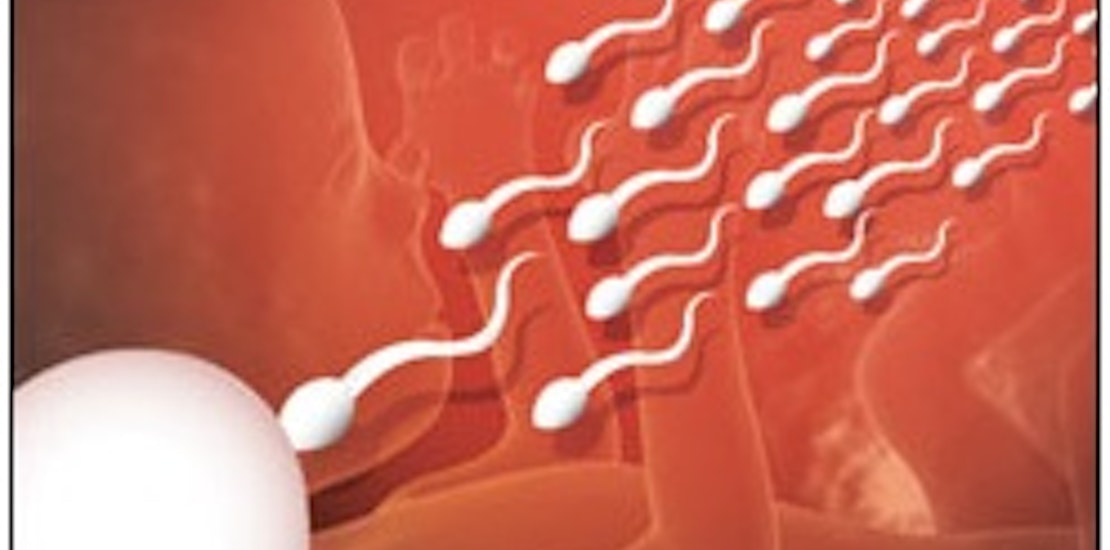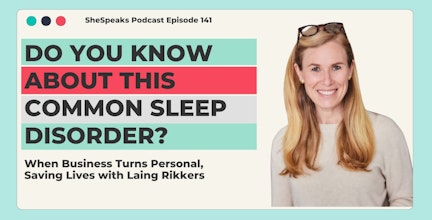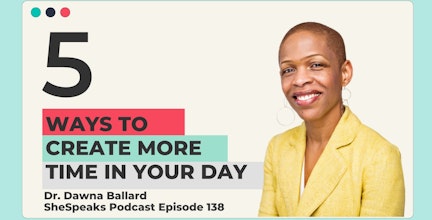And Then (After Many Many Tries) There Are Three

For many people, becoming pregnant is a quick and natural process. Some couples decide they want a child and within a month or less they have conceived. For others this process takes longer, and for some it will never happen the natural way no matter how hard they try.
The problem of infertility was at one time always thought to be exclusively a woman’s issue. But now, with advancements in medical technology we know that lack of fertility affects both genders equally.
For a woman ovulation disorders, blocked fallopian tubes, endometriosis, polycystic ovaries, and a few other conditions may affect her ability to conceive. A man experiencing the inability to reproduce may have a low sperm count, ejaculation disorder, or other immunological factors.
According to the National Center for Health Statistics 6.1 million women ages 15-44 have an impaired ability to have children. And an even higher number of women (9.3 million) are using fertility services in this country.
Not that long ago, when a couple was faced with fertility issues it meant that conception was impossible. Nowadays, most people turn to fertility treatment if they have attempted to conceive a child for one year or more with no success. There are many new and effective types of treatments available to help couples who may have trouble conceiving ranging from simple at-home remedies to much more invasive procedures.
In the USA typically fertility treatments are expensive and this presents an additional worry and frustration for couples trying to conceive. The recent arrival of ovulation watches and conception kits have brought a more affordable step in this journey and some very positive results.
The first step in prescribing the right treatment for fertility is to find out the cause and whether it lies in the woman or the man or both. Since there are so many different factors that contribute to infertility, many tests may have to be done before a doctor can give the right diagnosis and begin treatment.
The whole process can take years, adding strain and frustration to any relationship. But for many people, a successful result can mean everything in the world. And bringing home baby...the biggest pay off.
What do you think of the advancement in treatments available to help couples conceive?
Do you have a personal story about your journey to bringing home baby?
Make a Comment
 by
strwbryluv | Waupun, WI
by
strwbryluv | Waupun, WIMy husband and I have been married for almost 4 years, we knew we wanted to have a baby right away, so we tried early in our marriage. We were married young, and I am "irregular". Our Dr. at the time was "helping" us find the problem and then said that maybe we should give it some time because he didn't think we were financially set. Come to find out I don't ovulate *Our new Dr. did a simple blood test and confirmed it* and I am on a medication that will make me ovulate. He also confirmed that our old Dr. didn't do all that he could to find out the problem. *by reading the files* We are still in the "baby making process" and so far the meds have worked... We're praying for good news soon!! To women that don't know if they can get pregnant or not, deffinately talk to your Dr. and be honest with them. Good luck to you all!!!
 by
cvarano | BROOKLYN, NY
by
cvarano | BROOKLYN, NYI think if I was having trouble conceiving I would try fertility treatments. I wouldn't want to go through years of frustration so I think, and I say think because I know I would be in a completely different mindset than I am now, I would seriously consider adoption if the treatments didn't work initially.
 by
drodriguez | BROOKLYN, NY
by
drodriguez | BROOKLYN, NYIf I do have trouble conceiving in the future I think I would consider all my options. I am not opposed to fertility drugs but I have to admit that the idea of having 3 to 6 children at once is kind of terrifying. Not only because it is a lot of work but also because there tend to be a lot more health risks for multiples. Does anyone know of any noninvasive fertility methods that don't carry a high risk of having multiples? And what is it about current fertility drugs that cause women to have a higher risk of carrying more than one child?
 by
bubblybubbles | mulberry, KS
by
bubblybubbles | mulberry, KSMy boyfriend and I have been trying to conceive for about a year and a half now. Well in January I found out I was 9 weeks pregnant. Few days passed, and I had a miscarrage. So we're still trying.
 by
lewisk | Wake Village, TX
by
lewisk | Wake Village, TXI am thankful that there is options out there for many people. With so many aborations there is not as many options for adoptions. Now women like my sister have choices that can help them concieve a child of there own. I also support adpotion as well both my younger sisters have female issues that have kept them from getting pregnant. One has adpot my nephew and the other is trying help of doctors.
 by
ProgrammingBecca1978 | Walnut Creek, CA
by
ProgrammingBecca1978 | Walnut Creek, CAAND, after many tries, there are suddenly 4 (twins) or 5 (triplets)! I have a friend with twins, and another friend with triplets. The mom of triplets said it was her only chance, she'd gone through so much just trying to get pregnant, so after finally having success, I think she would have been happy with quintuplets. Let me just say that her hands are full with triplet 3-year olds!
 by
N4ncy | Goldsboro, NC
by
N4ncy | Goldsboro, NCMy husband and I were able to get pregnant very easily with our first and were surprised when it didn't happen right away with our second. For two years we underwent testing, drug therapies and low and behold found out I was pregnant while sitting in an IVF clinic for an initial consultation. My doctor would say that we like to think we have control but it will happen when it happens. That doesn't mean give up on trying every means available. Just don't get discouraged along the way. I will add though, we didn't start having children until I was in my mid 30's. I now whish we had started earlier. I know that getting older doesn't help fertility.
 by
IndianaMomofThree | Granger, IN
by
IndianaMomofThree | Granger, INIt is incredible what modern medicine can do. I would love to see the numbers out of those 6.1 million who have problems, how many have success and thanks to what treatments. I had a hard time getting pregnant the first time but luckily it happened without medical intervention eventually for us. I was lucky that we got married young enough that we had some time. I think one of the most stressing factors is women getting married in their mid 30's and feeling the time crunch.
I feel so blessed to have 2 beautiful girls now and wish that everyone who wants to embark on parenthood finds a way to do it- adoption or on their own.










_01252024061712.jpg?max-w=432&max-h=220&fit=crop&auto=format)

_10242023164832.jpg?max-w=432&max-h=220&fit=crop&auto=format)


_08172023152001.jpg?max-w=432&max-h=220&fit=crop&auto=format)


 (6)_07082023175312.jpg?max-w=432&max-h=220&fit=crop&auto=format)
 (1)_05192023144508.jpg?max-w=432&max-h=220&fit=crop&auto=format)

 (37)_05032023114523.jpg?max-w=432&max-h=220&fit=crop&auto=format)
 (3)_04112023125932.jpg?max-w=432&max-h=220&fit=crop&auto=format)
 (36)_04272023152113.jpg?max-w=432&max-h=220&fit=crop&auto=format)